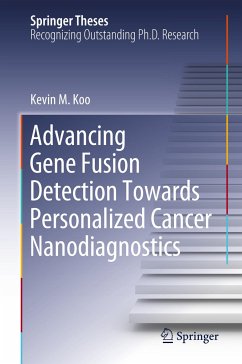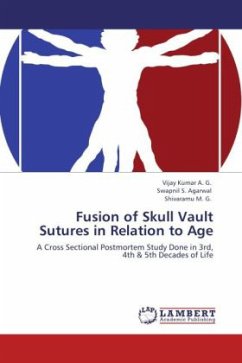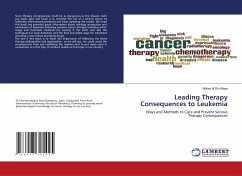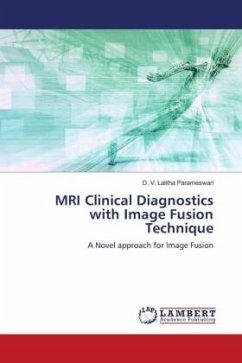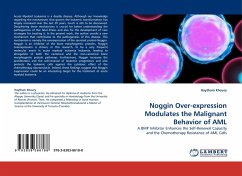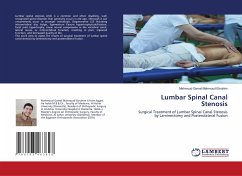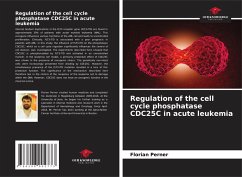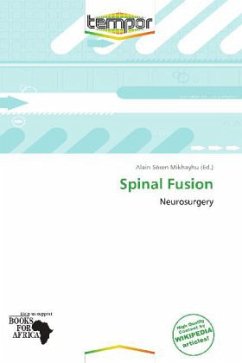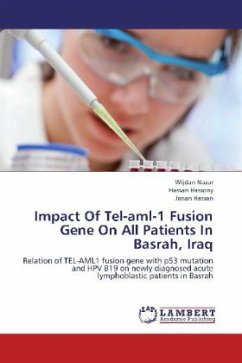
Impact Of Tel-aml-1 Fusion Gene On All Patients In Basrah, Iraq
Relation of TEL-AML1 fusion gene with p53 mutation and HPV B19 on newly diagnosed acute lymphoblastic patients in Basrah
Versandkostenfrei!
Versandfertig in 6-10 Tagen
39,99 €
inkl. MwSt.

PAYBACK Punkte
20 °P sammeln!
Acute lymphoblastic leukemia (ALL) is the most common type of childhood malignancy. Dramatic advances in its treatment over the past three decades have changed it from a universal fatal to an almost curable disease in 75% of cases. However significant challenges remain including developing better methods to predict which patients can be cured with less toxic treatment and which ones will benefit from augmented therapy . In addition, 25% of patients fail therapy and novel treatments that are focused on undermining specifically the leukemic process are needed urgently and considered the first st...
Acute lymphoblastic leukemia (ALL) is the most common type of childhood malignancy. Dramatic advances in its treatment over the past three decades have changed it from a universal fatal to an almost curable disease in 75% of cases. However significant challenges remain including developing better methods to predict which patients can be cured with less toxic treatment and which ones will benefit from augmented therapy . In addition, 25% of patients fail therapy and novel treatments that are focused on undermining specifically the leukemic process are needed urgently and considered the first step towards preventing this devastating childhood cancer . Developments in Chromosomal abnormalities in childhood ALL had important significance related to diagnosis, management and prognosis. Several clinical studies have shown that chromosome aberration in ALL can be used for risk group classification i.e. classify patients into those who require more-intensive therapy. For instance t(9;22)and 11q23 aberration such as t(4;11) are associated with poor prognosis in ALL, where as t(12;21) is associated with good prognosis.



